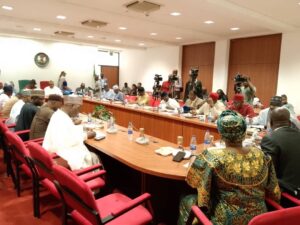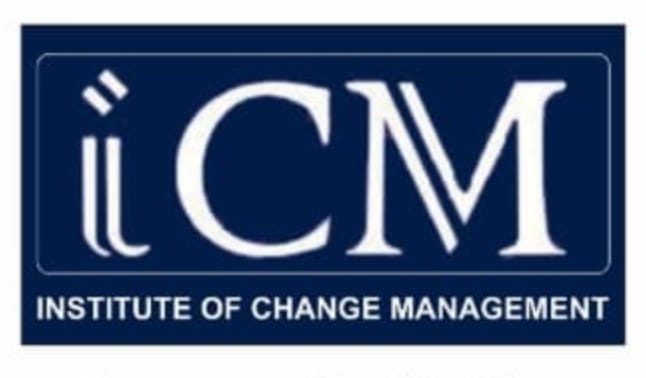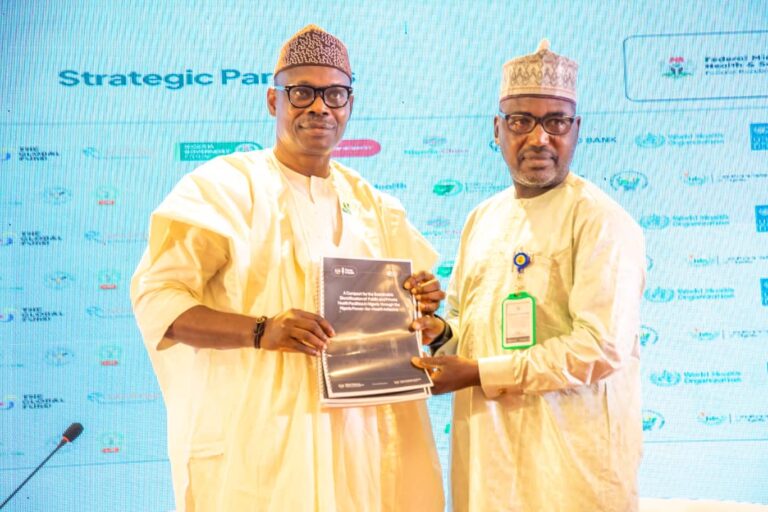
By Fatima Saka
The Senate and House of Representatives have resolved to remove the Joint Admissions and Matriculation Board (JAMB) from the Federal Government’s 2025 budget, citing concerns over the board’s financial operations and expenditure management.
During a session on Monday, lawmakers criticized JAMB for remitting only N4 billion to the Consolidated Revenue Fund while receiving N6 billion from the government in 2024. They argued that it was unreasonable to allocate funds to an agency capable of generating substantial revenue independently.

The decision came after JAMB Registrar, Professor Ishaq Oloyede, appeared before the Joint Finance Committee, led by Senator Sani Musa (APC, Niger East). During the interactive session on revenue projections for 2025, Oloyede confirmed JAMB’s 2024 financial contributions and funding.
“You remitted N4 billion but received N6 billion from the Federal Government. Why not retain the N4 billion and remove JAMB from the government’s funding framework?” questioned Abiodun Faleke, Chairman of the House Committee on Finance.
Senator Adams Oshiomhole (APC, Edo) further criticized JAMB’s spending patterns, highlighting extravagant allocations such as N1.1 billion on meals and refreshments in 2024.
READ ALSO: 2025 Budget Defence: Senate Approves Navy Budget, Commends President Tinubu’s Support
Fuel Marketers Optimistic as Petrol Prices Drop – IPMAN
“Is the government feeding you? These funds come from poor students, many of whom are orphans,” Oshiomhole remarked.
He also raised concerns over other expenses, including N850 million for security, cleaning, and fumigation, and N600 million for local travels, questioning their necessity. Additionally, he sought clarification on the N6.5 billion allocated for local training and N1 billion for a staff housing scheme.
Beyond JAMB, the Senate raised alarms over low remittances from Ministries, Departments, and Agencies (MDAs) in 2024, pointing to a wide gap between revenues generated and remitted funds.
Senator Sani Musa, Chairman of the Joint Finance Committee, noted that the disparity between revenues and remittances hindered the government’s ability to fund critical infrastructure and social services. He emphasized the need to address inefficiencies, mismanagement, and potential revenue leakages in MDAs to improve fiscal responsibility.
This decision to streamline funding for JAMB and scrutinize MDAs’ financial practices aligns with the National Assembly’s commitment to ensuring accountability and optimizing federal resources.



